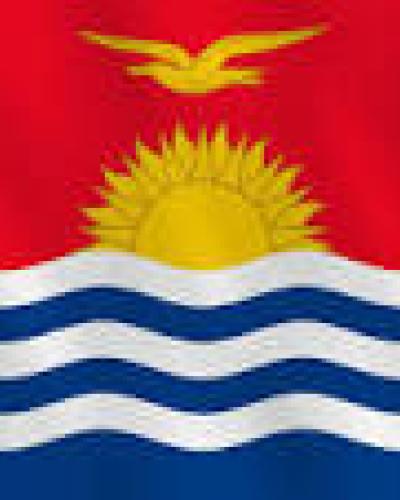United Nations Micronesia Working Paper Series No. 2

Masato Abe, Faradh Maharoof and Mohab Eldacrory
Abstract
This paper offers a policy overview of deep-sea mining and its implications for Kiribati. While deep-sea mining could help address global resource shortages and support clean energy, it remains untested and controversial due to uncertain environmental and social impacts. The International Seabed Authority (ISA) oversees efforts toward commercial mining but faces challenges in finalizing regulations and balancing competing priorities without a comprehensive legal framework while opposition to deep-sea mining is growing across sectors. For Kiribati, with one of the largest Pacific exclusive economic zones (EEZs), deep-sea minerals promise economic diversification but also pose risks to vital marine ecosystems that support fisheries, livelihoods and cultural heritage. Potential impacts like sediment plumes and habitat loss threaten both the environment and community well-being. This paper concludes that while deep-sea mining could reduce Kiribati’s economic vulnerabilities, a precautionary approach grounded in rigorous science, strong regulation and careful consideration of environmental, social and cultural factors is essential, especially amid rising geopolitical tensions.







